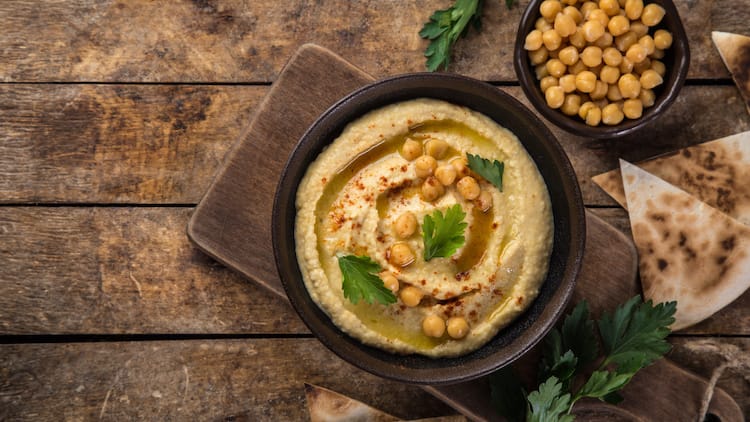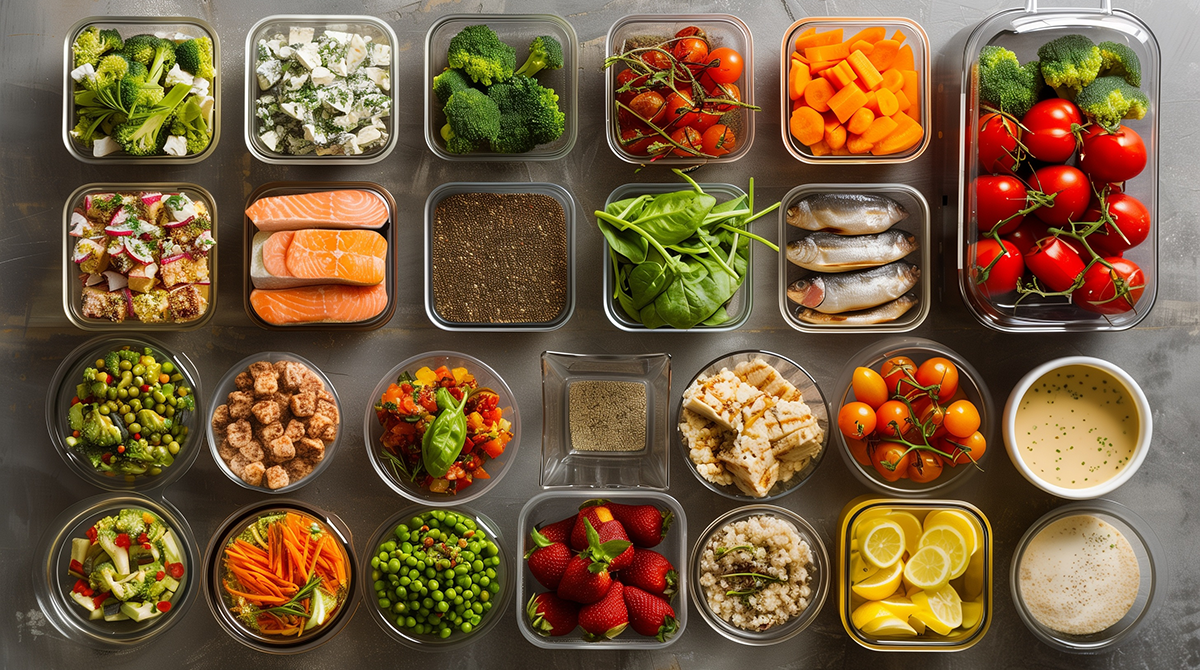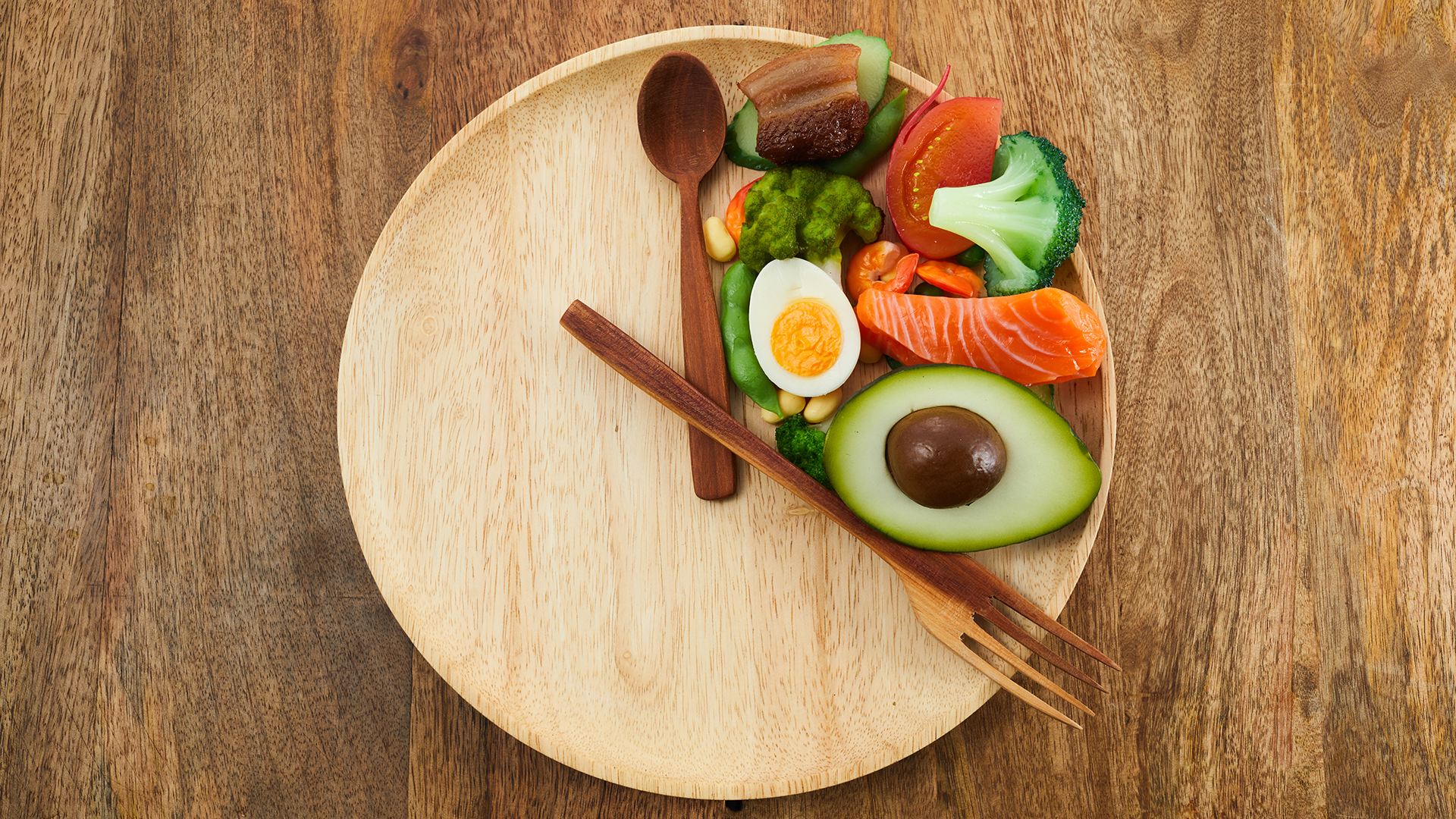Hummus has really spread across the globe over the past few decades. From supermarkets to hip restaurant menus, this Middle Eastern spread and dip is everywhere. But is hummus healthy?
And more specifically, is hummus good for weight loss?
In this short post, you’ll learn about the calories in hummus, the health benefits of hummus, and whether it’s good for losing weight.
You’ll also get a few tasty hummus recipes to try out yourself, and some inspiration on what to eat with hummus for weight loss. Ready to dip in?
What is hummus?
Although hummus seems to be a recent craze in the Western world, it’s been around for centuries in the Middle East.
In fact, the earliest written recipe of hummus bi tahina (as the spread is called, meaning ‘chickpeas in tahini’) dates back to the 13th century.
Traditional hummus is made by blending or mashing together these four ingredients:
- Chickpeas (garbanzo beans)
- Tahini (sesame paste)
- Garlic
- Lemon juice
A close fifth ingredient is olive oil, which is added in most hummus recipes as well.
There are tons of other hummus variations. From beetroot hummus to avocado hummus. You’ll find a few healthy hummus recipes further down in this post.
Hummus, sometimes called houmous or hommos, is generally eaten as a spread or dip. It’s often eaten with flatbread (like pita bread), falafel, or raw vegetables. We’ll show you a few examples of what to eat with hummus in a bit.
In recent years, this meze dish has gained popularity as a healthy alternative to more calorie- and fat-rich dips and spreads (such as mayonnaise or ketchup). But is hummus good for weight loss?
Let’s have a look at a few of the many hummus benefits before we go deeper into hummus for losing weight.
Health benefits of hummus
Hummus is not just tasty, it’s good for your health as well. Of course, it depends on how you make your hummus and what ingredients you add.
The health benefits of hummus listed below are based on the ‘standard’ recipe for hummus containing chickpeas, tahini, garlic, lemon juice, and olive oil.

1 – Hummus nutrition facts
Even though it’s incredibly easy to make, hummus contains a lot of healthy goodness!
The nutritional facts are impressive because of hummus’ higher Naturally Nutrient Rich (NNR) rate and nutrient density compared to most other spreads and dips.
Hummus is packed with multiple essential minerals and vitamins, including iron, magnesium, zinc, potassium, and vitamin B6. These nutrients are all important to keep your body healthy.
The nutrition in hummus also contains all three macronutrients: Carbohydrates, protein, and fat. This makes it a great addition to a balanced diet.
But wait, fat you say? So is hummus fattening or good for you?
Well, both. Hummus contains healthy monounsaturated fats (the good fats). We’ll explain more about hummus, fat, diet, and weight loss in a bit.
And before you worry about the carbohydrates; don’t. The nutrition of hummus consists of so-called complex carbs, meaning they digest more slowly than the carbs in something like white bread. This helps you feel fuller for longer, which can help your weight loss.
Another important nutritional benefit of hummus is that it’s a great source of protein and dietary fiber. This is particularly great news if you follow a vegetarian or vegan diet.
You see, if you follow a plant-based diet it can be difficult to still get enough protein in your diet. Chickpeas are packed with plant-based protein, which means it’s a great substitute for non-meat eaters.
The dietary fiber is essential for your digestive health which, as we’ll see in a bit, can help with weight loss and appetite suppression.
This combination of nutrients does cause a high amount of calories in hummus. But don’t straight away think it means you shouldn’t eat hummus for weight loss. Quite the opposite!
But more on that in a bit. Let’s have a look at the next benefit first.
2 – Supports heart health
This is due to two hummus ingredients in particular: Chickpeas and olive oil.
Studies have shown that chickpeas can lower your bad cholesterol levels. For example, one study found that people who ate more chickpeas and similar legumes in their diet on average had 5% less LDL cholesterol (i.e. ‘bad’ cholesterol).
Another study found that chickpea supplementation helped reduce bad cholesterol levels by 4.6%.
Aside from this, you can benefit from the healthy fats in olive oil.
The monounsaturated fat content of olive oil has been scientifically proven – as shown in this analysis of studies of a massive 840,000 people – to support heart health and reduce the risk of cardiovascular death by 12%.
3 – Helps fight inflammation
Again, olive oil in hummus proofs beneficial for your health. You see, olive oil is rich in powerful antioxidants like oleocanthal. This and other antioxidants have been shown to have anti-inflammatory properties.
But that’s not all. Both chickpeas and tahini have also been shown to reduce inflammation.
Tahini consists of sesame seeds, which may decrease interleukin-6 (IL-6) and high-sensitivity C-reactive protein (hs-CRP), both of which can cause inflammation.
Chickpeas, like other legumes, can have a similar anti-inflammatory effect.
Inflammation happens when your body tries to protect you from injuries or infections. But your body can’t always regulate this inflammation as it should, and if that happens it can cause health issues.
The anti-inflammatory properties of hummus can help prevent this.
Benefits of hummus for weight loss
Now let’s look at the potential health benefits of hummus for weight loss. Is hummus good for weight loss?
Let’s find out.
1 – High in healthy dietary fiber
As mentioned, hummus is high in dietary fiber. This fiber supports your body’s digestive health. And this can help you lose weight.
You see, aside from promoting healthy bowel movement and stool, dietary fiber increases levels of the so-called fullness hormones GLP-1, peptide YY, and cholecystokinin (CCK). At the same time, it decreases ghrelin, which is known as a hunger hormone.
In other words, you not only feel fuller for longer, but you also feel less hungry. This appetite suppression is a win-win situation if you’re trying to lose weight!
2 – Helps control blood sugar levels
Hummus contains complex carbs and scores low on the glycemic index (GI) scale, and that’s a good thing.
The GI value of food explains its ability to increase your blood sugar. If a food’s GI value is high it means it’s rapidly digested and absorbed. This causes a quick increase in blood sugar levels.
The chickpeas in hummus have a low GI score, as explained in this study, which means they are digested slowly and don’t cause spikes in blood sugar levels.
On top of that, the high protein and healthy fat content of chickpeas both help slow down carb digestion in your body. This further helps regulate the balanced release of sugar levels into your bloodstream, preventing blood sugar spikes.
3 – Hummus consumption reduces the likelihood of obesity
Yes, you read that correctly.
A National Health and Nutrition Examination Survey conducted between 2003 and 2010 found that people who often ate hummus or chickpeas were a whopping 53% less likely to be obese.
That’s quite the result in favor of hummus for losing weight!
Do note with this study that researchers are not 100% sure if this can be completely attributed to chickpeas/hummus. It may be that people eating these foods simply live healthier lifestyles.
Nevertheless, the connection is there and other studies do seem to find similar results. For example, another study further linked regular pulse consumption (chickpeas, lentils, etc.) to lower body weight and increased satiety (feeling full).
Not too bad for some blended chickpeas!
So now you know hummus can help you during your weight loss journey, let’s look at some hummus recipes for weight loss.
Healthy hummus recipes: How to make your own hummus?
Making your own hummus is incredibly easy. It’s also a lot healthier to do it yourself, instead of buying it from the store.
You see, pre-made hummus bought in supermarkets often contains preservatives and other unnecessary additives. This is the general rule when it comes to food: It’s always better to make it yourself than buying a processed product.
So how to make your own hummus? Here are 3 easy hummus recipes to try out at home.
1 – Plain hummus
Making your own hummus is easy. Simply put all the ingredients in a blender and blitz until smooth.
Ingredients:
- 400g can chickpeas, drained
- 1-2 tbsp olive oil (extra virgin)
- 2 garlic cloves, peeled
- Juice of 1 lemon
- 2-3 tbsp tahini (sesame paste)
- 1 tsp salt
If the texture is a bit too thick still just add a splash of water or some extra olive oil.
2 – Beetroot hummus
Adding some beetroot not only gives your hummus a funky color, but it also adds great flavor AND healthy nutrients!
Ingredients:
- 400g can chickpeas, drained
- 2 medium cooked beetroots (shopbought or cooked yourself)
- 1-2 tbsp olive oil (extra virgin)
- 2 garlic cloves, peeled
- Juice of 1 lemon
- 3 tbsp tahini (sesame paste)
- Sesame or pumpkin seeds to sprinkle on top
3 – Sun-dried tomato hummus
This is our absolute favorite. The sun-dried tomatoes make it so sweet and tasty, and it goes surprisingly well with the traditional hummus ingredients!
Ingredients:
- 400g can chickpeas, drained
- 5 sun-dried tomatoes (from a jar)
- 1-2 tbsp olive oil (from the sun-dried tomato jar)
- 2 garlic cloves, peeled
- Juice of 1 lemon
- 3 tbsp tahini (sesame paste)
- 1 tsp oregano
- 1 tsp salt
What to eat with hummus?
So now you have your hummus, you need something to eat it with. Luckily for you, hummus is great for healthy dipping.
If you want to know what to eat with hummus to lose weight and stay healthy, try one of these suggestions.
For dipping:
- Carrot, cut in sticks
- Celery, cut in sticks
- Bell pepper, cut in strips
- Cucumber, cut in sticks
- Radish, whole
For spreading:
- Pitta bread (wholemeal for a healthier alternative)
- Crackers (wholemeal or seeded for a healthier alternative)
- Crisps or chips (home-made root vegetable crisps or chips for a healthier alternative)
Those are just a few suggestions on what to eat with hummus. Just try out some different things and see what works best for you!
Conclusion: So is hummus good for weight loss?
Hummus is a healthy, nutritious type of food that beats traditional (sugary/fatty) spreads or dips like mayonnaise or ketchup.
If you want to lose weight, adding hummus to your diet can be a great solution to keep you from snacking on unhealthy foods.
For the healthiest option, make your own hummus at home. It’s easy, quick, cheap, and oh so delicious!



